#Luxembourgish
Text

344 notes
·
View notes
Text

English (he/she) eats, Welsh ysa, Ancient Greek édei, Sanskrit átti and Polish je all stem from the same Indo-European verb. Over time, words change beyond recognition, undergoing regular sound changes and irregular alterations. Here's the family of eats.
#historical linguistics#linguistics#language#etymology#english#latin#dutch#spanish#german#scots#frisian#low saxon#limburgish#afrikaans#luxembourgish#yddish#sanskrit#proto-indo-iranian#latvian#lithuanian#russian#ukrainian#bulgarian#macedonian#old church slavonic#serbo-croation#slovene#slovak#czech#polish
132 notes
·
View notes
Text

Grand Duchess Marie Adelaide of Luxembourg, 1910s.
#aesthetic#art#art history#fashion#historical fashion#historical art#women in art#women#1910s#1910s fashion#1910s aesthetic#historical aesthetic#vintage photography#royal aesthetic#luxembourgish#luxembourgish royals#royalty#royals aesthetic#royalty aesthetic#royal fashion#Marie Adelaide of Luxembourg
35 notes
·
View notes
Text
L’encre brûle
[…]
et trouble
les éléments
en équilibre.
(Ink burns
[…]
and disturbs
the equilibrium
of elements.)
— Nathalie Ronvaux, “Avant de rejoindre”
13 notes
·
View notes
Text
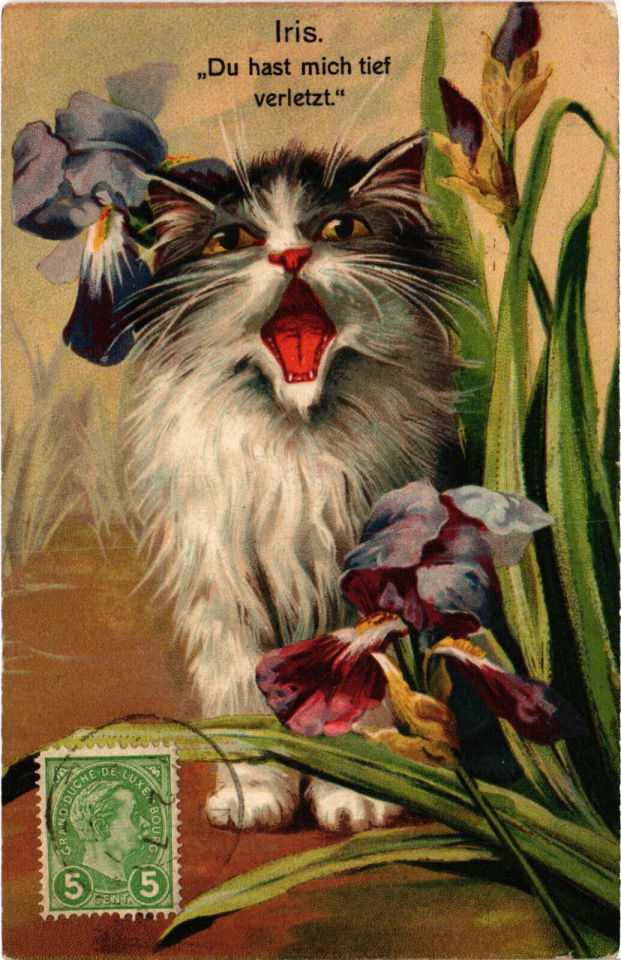
"Iris - You hurt me deeply"
Luxembourgish vintage postcard, illustrated by Boulanger, mailed in 1912 to Valencienne, France
#vintage#tarjeta#france#luxembourgish#briefkaart#valencienne#postcard#photography#illustrated#postal#carte postale#sepia#ephemera#boulanger#historic#iris - you#ansichtskarte#iris#postkarte#1912#deeply#hurt#postkaart#mailed#photo
15 notes
·
View notes
Text

Jean-Claude Juncker
#suitdaddy#suiteddaddy#suit and tie#suited daddy#men in suits#daddy#silverfox#suited grandpa#suitfetish#suitedman#suit daddy#suited men#suited man#buisness suit#suitedmen#luxembourgish#luxembourg#european commission#Jean-Claude Juncker
16 notes
·
View notes
Text


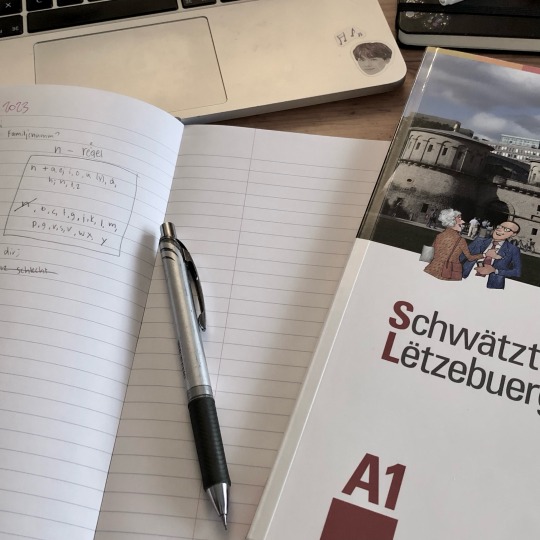
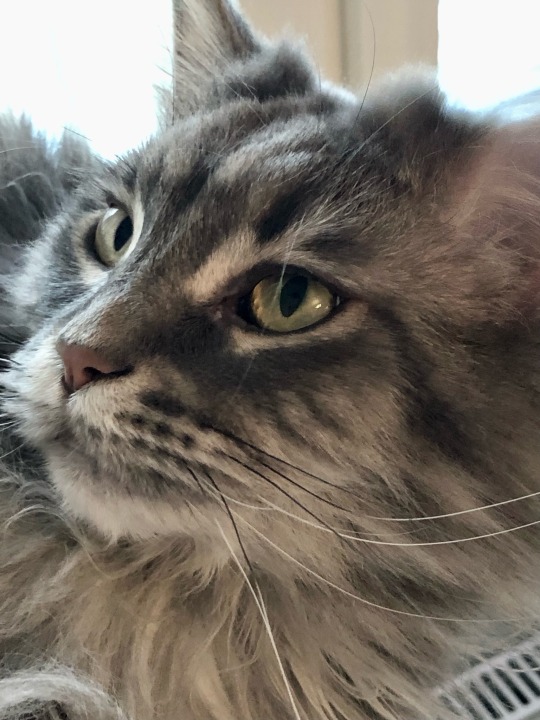
she will always be my number one study friend <3
#studyblr#studyinspo#study blog#study aesthetic#languageblr#language learning#dark academia#light academia#studystudystudy#thistlelearns#mine#luxembourgish
89 notes
·
View notes
Text
Round one: Toktok vs Bettseechesch
Toktok (Bislama)
Unable to find IPA
Translation: Speak
Bislama is an English-based creole with around 14 200 speakers. It is spoken in Vanuatu, where it’s the national language and used as a lingua franca to facilitate communication between speakers of the 110 living languages. Bislama emerged in the late 1800s due to the practice of “blackbirding”, aka deceiving or kidnapping Pacific Islanders and taking them to work as indentured labourers on plantations, mainly in Australia and Fiji. Due to everyone speaking different languages, a pidgin emerged that later became a creole. This language was taken to Vanuatu when labourers returned and spread because it could be used as a lingua franca. Most of the vocabulary is English-based with some French, but the grammar is typical of local languages.
Motivation: I literally just think it’s cool. In Bislama there aren’t a lot of specific words because, of course, Vanuatu is the most language dense area in the world so there’s not much room for the native language to be that elaborate, but I thought I’d submit this cute little word anyways because <3
Bettseechesch (Luxembourgish)
[ˈbætˌzeːχeʃ]
Translation: Dandelion (literally it means "bed wetter" because dandelions have a diuretic effect, it's also called Pissblumm, which literally means piss flower)
Luxembourgish is an Indo-European language belonging to the Germanic branch, spoken by half a million people, most of them in Luxembourg. It is part of the Continental West Germanic dialect continuum, but also influenced by French.
Motivation: French, Dutch, German, Italian all have a similar name about pissing the bed for this plant and that's just the ones I'm aware of, I'm sure there's more. It's funny to me that apparently so many people wet their beds after eating dandelions that people decided that that's what this plant should be called lol Plus look at it, it's a bonkers word to look at!
17 notes
·
View notes
Note
Do you speak any other languages?
Alas, no. I've tried to learn Spanish numerous times, to no success. I also tried to learn Luxembourgish. I learned a few phrases, but it's not exactly a language I have a chance to use. XD
#Spanish#Luxembourgish#Pretty sure my father was part Puerto Rican and cannot learn Spanish for the life of me
9 notes
·
View notes
Photo

Etienne Schneider
Gender: Male
Sexuality: Gay
DOB: 29 January 1971
Ethnicity: White - Luxembourgish
Occupation: Politician (LSAP), entrepreneur
#Etienne Schneider#lgbt#lgbt politicians#mlm#lgbtq#male#gay#1971#white#Luxembourger#Luxembourgish#politician#entrepreneur
27 notes
·
View notes
Text

82 notes
·
View notes
Text
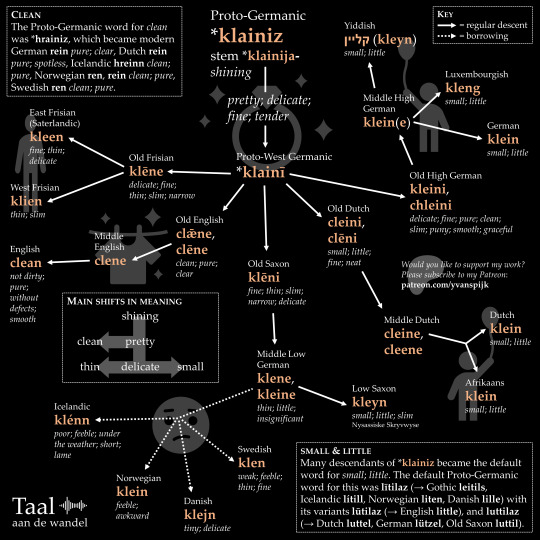
The word clean has the same ancestor as German and Dutch klein (small; little). The meaning of this common Proto-Germanic ancestor is reconstructed as 'shining'. In the Germanic daughter languages, this meaning shifted following different paths. See the infographic for more.
#historical linguistics#linguistics#language#etymology#english#dutch#german#old dutch#old high german#middle dutch#middle high german#yiddish#luxembourgish#frisian#old frisian#old english#middle english#old saxon#middle low german#middle low saxon#low saxon#icelandic#norwegian#lingblr#danish#swedish#proto-germanic#proto-west germanic
60 notes
·
View notes
Photo

Feardotcom (2002)
#2000s#actor natascha mcelhone#dir william malone#dp christian sebaldt#cat crime#cat horror#cat thriller#cat neo noir#british#german#luxembourgish#american#canadian#gray#glasses#green eyes#teeth#projection#focus#shadow#feardotcom#feardotcom 2002#fear dot com
10 notes
·
View notes
Text
Nos chairs
s’unissent
à perpétuelle demeure
et défient
les anges.
(In their perpetual sojourn,
our flesh, in unison,
defies the angels.)
— Nathalie Ronvaux, “Des créatures”
14 notes
·
View notes
Text

Franco-Luxembourgish physicist and inventor Gabriel Lippmann on the Sorbonne University of Paris
French vintage postcard
#vintage#tarjeta#luxembourgish#briefkaart#the sorbonne university of paris#postcard#photography#lippmann#postal#gabriel#gabriel lippmann#carte postale#sepia#ephemera#university#historic#franco-luxembourgish#paris#french#ansichtskarte#physicist#postkarte#sorbonne#inventor#franco#postkaart#photo
7 notes
·
View notes
Photo
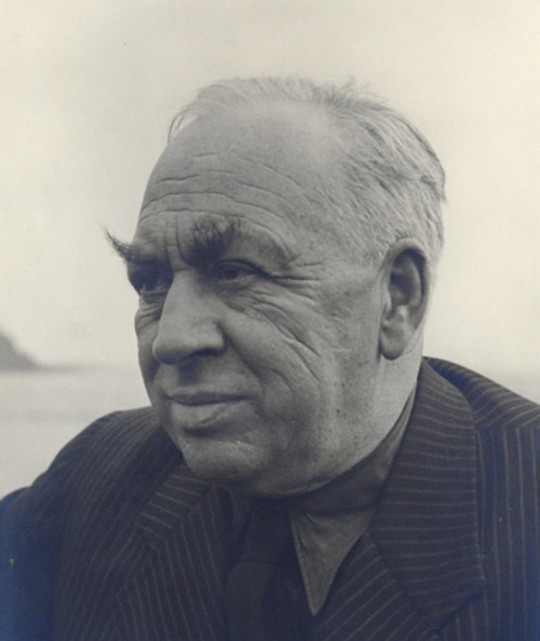
Luxembourgish writer Norbert Jacques, author of Dr. Mabuse
#Norbert Jacques#Jacques#Luxembourg#Doctor Mabuse#Dr. Mabuse#Luxembourgish#author#novelist#writer#horror#Dr. Mabuse der Spieler#1954#1950's#1880's#1800's#1900's#1880#Koblenz#West Germany#Germany#Luxembourg-Eich#Luxembourgish-German#German#West German
2 notes
·
View notes